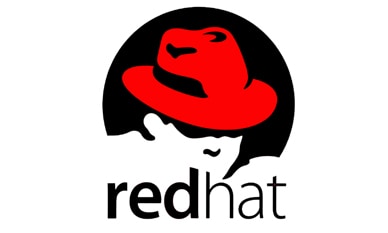
Deploy Ansible
Install Ansible and create Ansible inventories.
Run commands and plays
Execute ad hoc commands and prepare Ansible playbooks.
Parameterize Ansible
Control tasks with loops and conditions.
Administer Ansible
Safeguard information with Ansible Vault and manage inventories.
Automate simple network operations
Gather network information with Ansible and configure network devices.
Automate complex operations
Solve new MACD challenges and overcome real-world challenges.
Note: Course outline is subject to change with technology advances and as the nature of the underlying job evolves. For questions or confirmation on a specific objective or topic, contact one of our training specialists.
This course is designed for network administrators, network automation engineers, and infrastructure automation engineers who want to learn how to use Ansible to automate the administration, deployment, and configuration management of the network infrastructure of their organization or enterprise.
- Experience with network administration, including a solid understanding of TCP/IP, routers, and managed switches
- Familiarity with managing network devices from the command line, preferably with one or more of Cisco IOS, IOS XR, or NX-OS; Juniper JUNOS; Arista EOS; or VyOS
- You will work with text files and run commands in a Red Hat Enterprise Linux environment. A working knowledge of Linux, including how to edit text files and run commands from the shell, and how to use SSH to log in to remote systems
- Knowledge equivalent to Red Hat System Administration I (RH124) or better is recommended
- Prior Ansible knowledge is not required
Impact on the organization
This course is intended to develop the skills needed to use Red Hat Ansible Automation for Networking to implement a network automation solution that allows automated and consistent configuration of devices; validation of configuration and detection; remediation of configuration drift; and management of the automation solution. Such a deployment provides a network infrastructure that can be easily managed and rapidly updated even as it scales to a large number of devices. Using this network infrastructure, the organization can save cost, reduce downtime, and limit costly configuration errors.
Red Hat has created this course in a way intended to benefit our customers, but each company and infrastructure is unique, and actual results or benefits may vary.
Impact on the individual
As a result of attending this course, you will be able to use Red Hat Ansible Automation for Networking to write Ansible playbooks and launch them to manage the routers, switches, and other devices in your network infrastructure. You will have experience with using Ansible to automate several common use cases and have a basic understanding of how to write playbooks that can target devices made by different network hardware vendors supported by Red Hat Ansible Automation.
